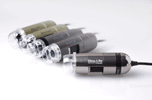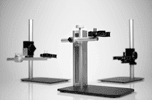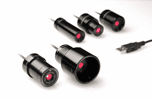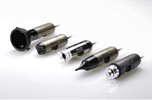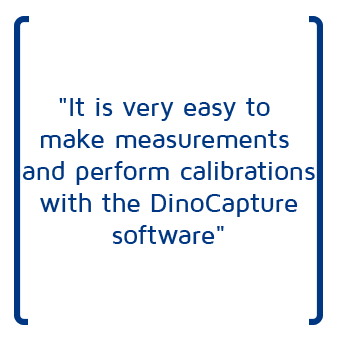 Recognizing fake medicine with Dino-Lite
Recognizing fake medicine with Dino-Lite
Neville Broad of Kent, England is an independent expert on falsifications and runs his company Authenticate Limited with two colleagues. He is using multiple Dino-Lite digital microscopes in his laboratory on the Kent Science Park to research authenticity of, mostly, pharmaceuticals. "Our research is often focused on the packaging of the product as well as the physical properties of the product", he explains. "There are usually no falsified products in the regular channels, but the product falsifications that are sold through illegal networks, and the obviously the internet, have the potential to damage the health of the buyers. This in itself is enough reason to intercept these products, let alone the economic damage to the manufacturer and brand owner from illicit products sold under their name.
Valuable properties
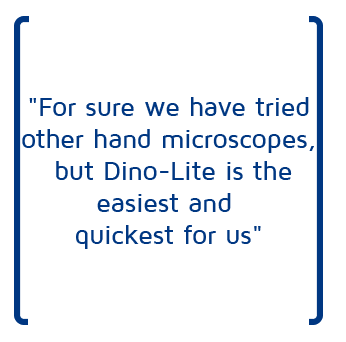 Broad is using four Dino-Lite's in his laboratory: "We often use the polarization filter that eliminates the annoying glare on packaging that is using coated cardboard, for instance. Besides this, it is very easy to make measurements and perform calibrations with the DinoCapture software, which makes the tracking of falsifications easier, both on packaging and the product itself. We find it useful that we can make notes in the program and stores these with the images in a central, digital file. Another great feature is the viewing of the images directly on the screen of the PC where the Dino-Lite is running. You do not have to squint through optics and you can store the images directly if needed. For sure we have tried other hand microscopes, but Dino-Lite is the easiest and quickest for us."
Broad is using four Dino-Lite's in his laboratory: "We often use the polarization filter that eliminates the annoying glare on packaging that is using coated cardboard, for instance. Besides this, it is very easy to make measurements and perform calibrations with the DinoCapture software, which makes the tracking of falsifications easier, both on packaging and the product itself. We find it useful that we can make notes in the program and stores these with the images in a central, digital file. Another great feature is the viewing of the images directly on the screen of the PC where the Dino-Lite is running. You do not have to squint through optics and you can store the images directly if needed. For sure we have tried other hand microscopes, but Dino-Lite is the easiest and quickest for us."
 English
English  Français (French)
Français (French)  Deutsch (German)
Deutsch (German)  Español (Spanish)
Español (Spanish)  Nederlands (Dutch)
Nederlands (Dutch)  Italiano (Italian)
Italiano (Italian)  Dansk/Norsk
Dansk/Norsk  Svenska (Swedish)
Svenska (Swedish)  Polski (Polish)
Polski (Polish)  Čeština (Czech)
Čeština (Czech)  Türkçe (Turkish)
Türkçe (Turkish)  Русский (Russian)
Русский (Russian)  Arabic (اللغة العربية)
Arabic (اللغة العربية) 







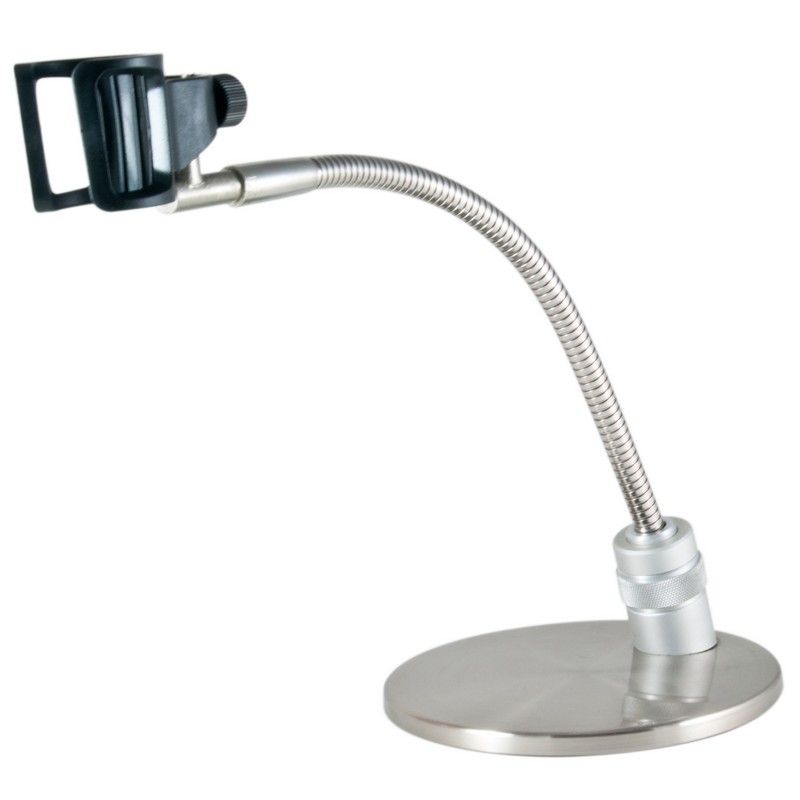 Round metal base with flexible arm and holder for the Dino-Lite. The MS33W has the possiblility to vary the height (appr. 15 mm) with a turning knob in the base.
Round metal base with flexible arm and holder for the Dino-Lite. The MS33W has the possiblility to vary the height (appr. 15 mm) with a turning knob in the base.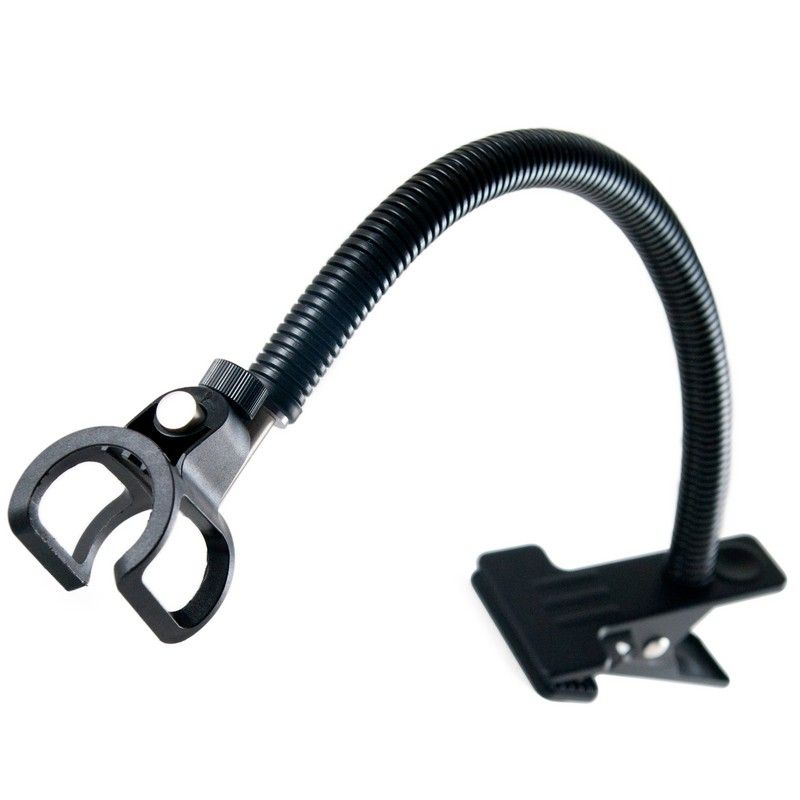 The MS23B is a desktop clamp with flexible gooseneck that can be clamped to a desktop or any other surface of up to 3cm thick.
The MS23B is a desktop clamp with flexible gooseneck that can be clamped to a desktop or any other surface of up to 3cm thick.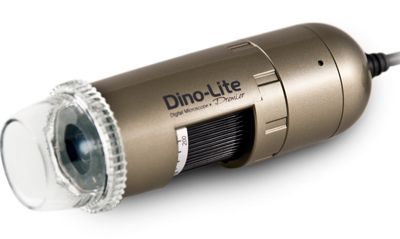 By using a special polarization filter, the AM4113ZT is the right choice when working with high glare materials such as plastics and metals.
By using a special polarization filter, the AM4113ZT is the right choice when working with high glare materials such as plastics and metals.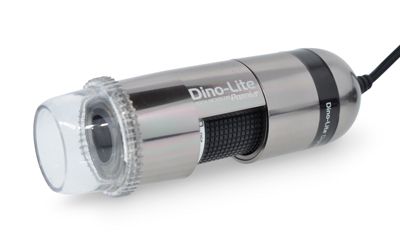 The Dino-Lite AM7013MZT has a 5 megapixel sensor for crystal clear images, even under higher magnification. The built-in adjustable polarizer reduces glare and reflection on shiny objects.
The Dino-Lite AM7013MZT has a 5 megapixel sensor for crystal clear images, even under higher magnification. The built-in adjustable polarizer reduces glare and reflection on shiny objects.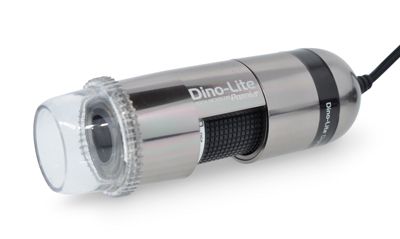 By using a special polarization filter, the AM4013MZTL is the right choice when working with high glare materials such as plastics and metals. This model features an aluminum alloy housing for enhanced protection and durability and the best look and feel.
By using a special polarization filter, the AM4013MZTL is the right choice when working with high glare materials such as plastics and metals. This model features an aluminum alloy housing for enhanced protection and durability and the best look and feel.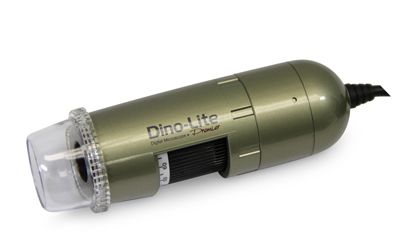 By using a special polarization filter, the AM4113ZTL is the right choice when working with high glare materials such as plastics and metals.
By using a special polarization filter, the AM4113ZTL is the right choice when working with high glare materials such as plastics and metals.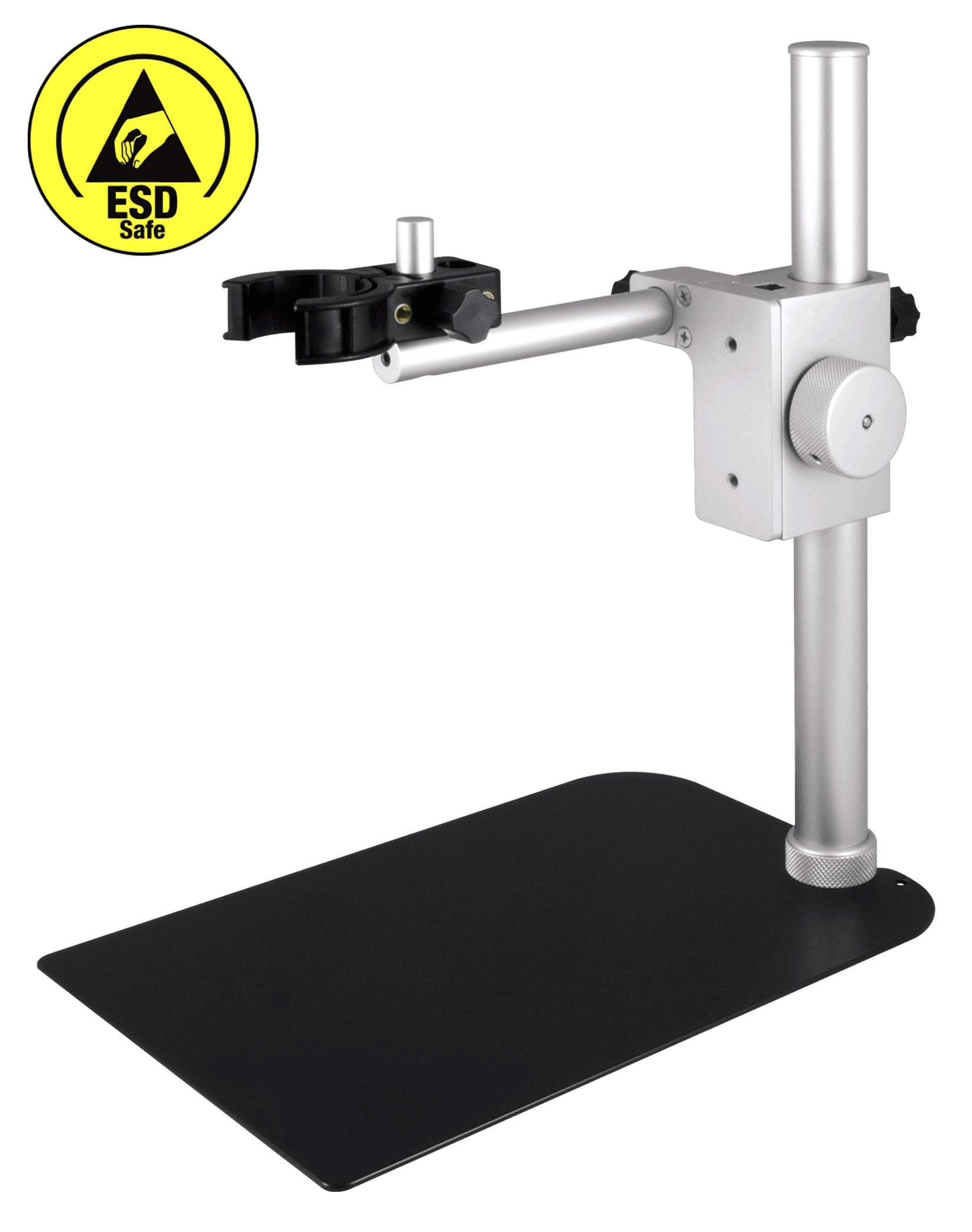 The Dino-Lite RK-06-AE stand is a sturdy and stable mid-range stand solution that can be used with all Dino-Lite digital microscopes. It is constructed of stainless steel and lightweight aluminum and offers precise fine-focus adjustment as well as a quick vertical release function.
The Dino-Lite RK-06-AE stand is a sturdy and stable mid-range stand solution that can be used with all Dino-Lite digital microscopes. It is constructed of stainless steel and lightweight aluminum and offers precise fine-focus adjustment as well as a quick vertical release function.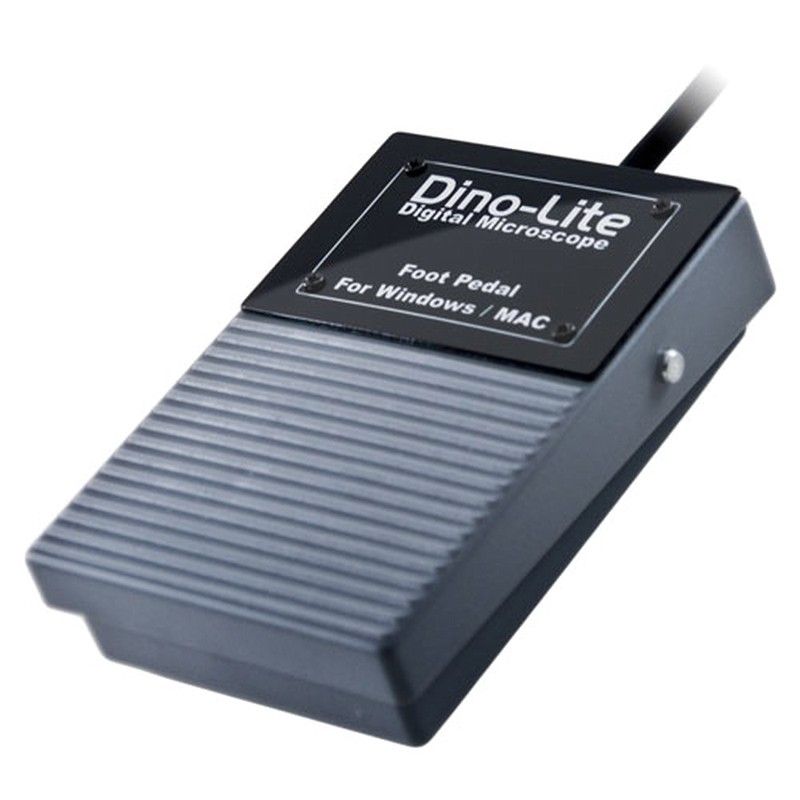
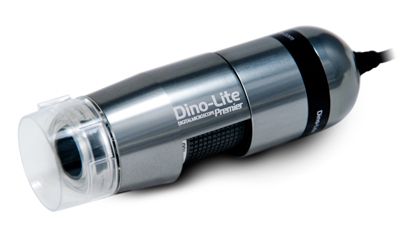 The Dino-Lite AD7013MZT has a 5 megapixel sensor for crystal clear images, even under higher magnification. The built-in polarizer reduces the shiny effect on reflecting materials, such as metals, plastics, jewelry, electronics etc.
The Dino-Lite AD7013MZT has a 5 megapixel sensor for crystal clear images, even under higher magnification. The built-in polarizer reduces the shiny effect on reflecting materials, such as metals, plastics, jewelry, electronics etc.